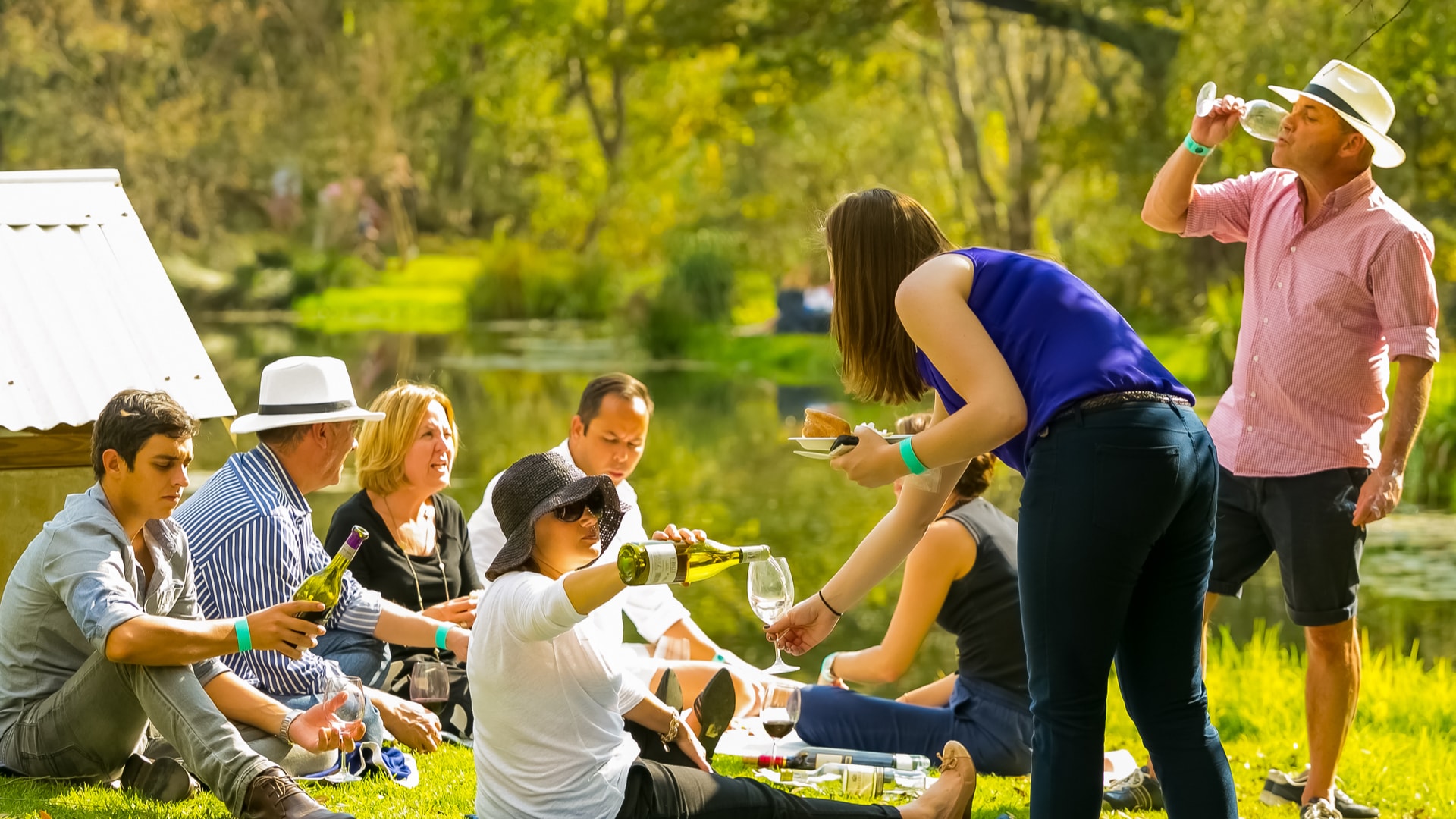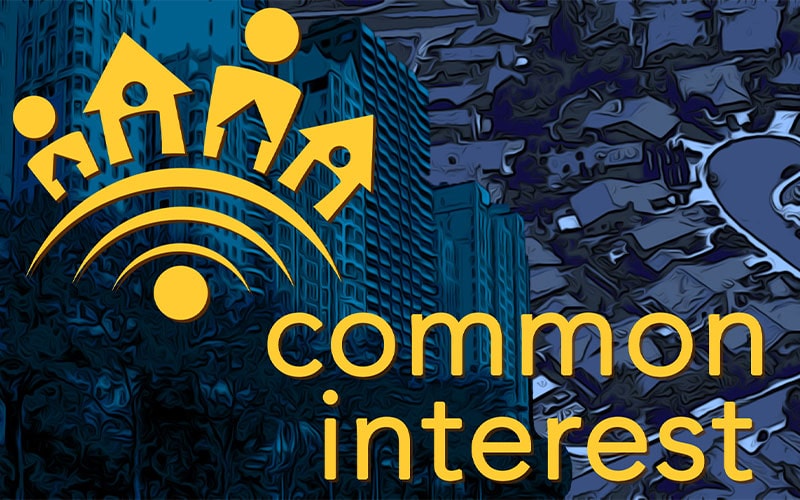Guide to Create A Sense of Community
What does this mean? How would I know? Is it Important? Who cares? All valid questions and certainly varies from association to association. What follows is an attempt to shed some light on this often-forgotten issue in today’s busy world of business and staggering list of priorities placed on each of us.
Let’s begin by stating this is not about the pure meaning of community from a psychological point of view for that we can refer to McMillian & Chavis (1986). Rather, this will approach the issue from a practical and hopefully realistic standpoint of what factors associations are facing today and move into some ideas that may lead to a successful outcome.
Over the last decade, most associations have undergone a dramatic shift in demographics including age, religion, culture, and race. Husband and wife both work and children are participating in multiple activities most often requiring transportation from the parents. Free time for all family members is at a premium.
Frequently heard are the comments “Let somebody else worry about it”. I got enough on my mind and I don’t need to get involved or need the headaches; What’s in it for me?” and the list goes on. There is another name for this – apathy – alive and well in almost every association today.
Then there is the association board of directors trying to manage an association sometimes with a property manager but in many cases, are self-managed working on budgets, enforcing the rules and regulations, maintaining the various elements of infrastructure that may exist.
Everybody is busy, head down and charging and this ends up being frustrating and depressing. Are we going forward or just holding our own? When asked the question directly, most board members would say they volunteered to serve and are trying to maintain their community/association. Note the word serve as in “serving out a prison sentence” Do we really mean this, or should it be an “honor and a privilege’?
One could argue, the days of maintaining our communities is over. Most were built several decades ago and have now matured and changed as described above. We now have the task of “Building Better Communities.” Part of this, a big part, involves creating a ‘sense of community” which in many cases will also have social component.
Let’s get started. An initial step is to ensure this new effort is funding. Creating two-line items in the annual budget “Community Engagement and Development” and “Social” accomplishes this. These items should be funded conservatively as there is no guarantee of success at this point, but you need some “seed money” to get projects going.
Next, you need some help. The formation of a standing committee containing at least one board member and reporting to the board as part of its regular meeting agenda is a good way to go.
Let’s now consider some events and projects to get started on a small scale but in a meaningful way.
- National Night Out – Many communities are already doing this with the support of their local municipality. Police and Fire Departments join in this as well as it provides the residents, particularly the youngster, a chance to see equipment and talk to personnel.
- Halloween – Classic easy to do with simple refreshments, costume contests and with a little imagination, can cover a wide range of age groups.
- Regular Coffees – Popular amongst the older set but, over time, can attract a wider range of residents. Keep the groups under fifteen with couple of simple rules – agree to disagree, no board business and keep it social. The purpose is to get to know one another.
- Community-Wide Yard and Garage Sales – Increasing the variety and volume of goods being offered increases interest and draws customers from a larger geographic area. Annual event works best so promotion can be very focused.
Now we can move on to some larger and more complex events that will require more promotional effort, but at the same time be very productive and rewarding.
- Resource Organization
- Police Department – The buzz words now are community policing and most departments are very serious about this as well they should be. Try getting the local beat/patrol officer for your community to come in hold a discussion on community safety including recent statistics and data that cared be shared.
- Fire Department – Similarly, these departments are anxious to get involved with the local community and not always about fire safety but emergency services and topics such as drug overdoses and disposal of unused medication, use of resuscitation equipment…
- City Council Persons, Aldermen, or their Equivalents – Well organized, planned there can be good exchanges of information and sometimes a community need can be unearthed and fostered to fruition by just one of these events. Care should be taken to avoid confrontation and inappropriate behavior.
- Elected School District Board Representatives – Whether your community has school-age children or not property taxes are an important issue. In states, like Illinois, education levies make up seventy of the total property tax bill. School District Board members can explain much of the detail behind budget line items. This can help build unity, trust, and respect at the community level.
- State Legislative Representatives – State Senators and Representatives are often willing to update their constituents down to the precinct level and can very approachable. They may have bills they are sponsoring and need local support. Well planned events can give resident a feeling that their voice can make a difference and if a community raises a concern or foster a need that can even be more powerful.
There are some things we can do celebrate participation and progress.
- Association Newsletters
- Mention Resident Contributions to the Community – People like to be thanked and recognized for the positive things they do. Resident pictures, particularly at event they organized or volunteered builds community interest and should be done as much as possible.
- Tout Resident Expertise – Our Communities are full of very talented individuals coming from a myriad of backgrounds. Some are more than willing to volunteer their knowledge. IT folks may be able to help the older residents set up their computer for ease of access or find an app that lets them do puzzles and memory enhancing exercises.
A few thoughts on messaging. In today’s environment, it must be all-inclusive and include print, all the popular forms of social media and, probably the most important and effective, word of mouth. If the message does not get out, nothing much will happen, and good intentions will falter.
Lack of sense of community can be explained in several ways with apathy being high on the list. Changes require some thought, action, and some patience as habits and culture are slow to change. The rewards are significant in added inherent value to the association, a feeling of being together and all the power that comes from being part of larger group. In the end, we have ended up Building a Better Community.
[1] Sense of community: A definition and theory – McMillan …
January 1986 Pages 6-23. Previous article in issue: Psychological sense of community, I: Foreword … Sense of community: A definition and theory. Authors. David W. McMillan, George Peabody College of Vanderbilt University;
2 National Night Out is a community-police awareness-raising event in the United States, held the first Tuesday of August.



 CAI - Illinois Chapter
CAI - Illinois Chapter 



